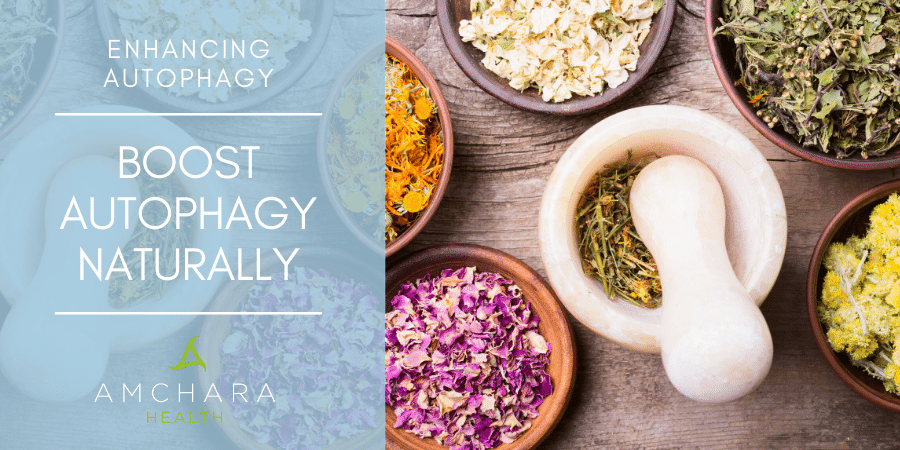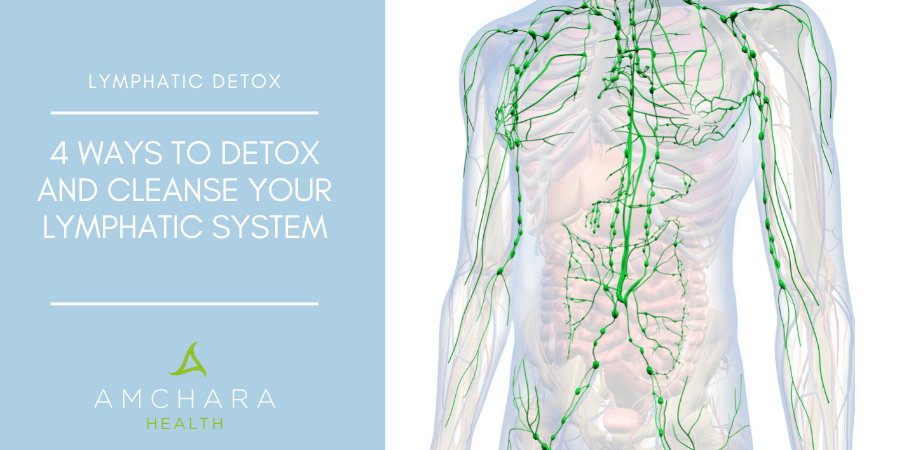Topics Covered in this article:
One aspect of health that is gaining much interest currently is autophagy. Evidence from the past two decades is highlighting that this complex cellular cleansing process is vital for healthy cells and efficient functioning.
Researchers are now linking a dysregulated autophagy process to a vast array of chronic health conditions.
We’re dedicated to providing you with both insightful information and evidence-based content, and in this article we take a look at what autophagy does and how it can be enhanced.
Autophagy
The human body is complex – whilst much is known about human physiology, there is more to be discovered. Evidence from research into autophagy is showing some understanding of how autophagy is regulated, and which pathways are involved.
Autophagy occurs in most cells and tissues and serves as a natural ‘cleansing and disposal service’. The process itself involves many autophagy related genes, enzymes and proteins.
Pathways that are known to be involved in autophagy regulation include the protein sensing pathway mTOR and the energy sensing pathway AMPK (1).
When there is adequate protein, and its breakdown products amino acids, mTOR inhibits autophagy. When these amino acids become low mTOR itself is inhibited and a cascade of events lead to autophagy initiation.
Similarly, when energy is low the AMPK pathway is activated, and this influences autophagy processes to begin.
Once initiated inside the cells, autophagy works to select damaged and old cell contents and surrounds or engulfs them – these are then broken down by specialist organelles inside the cell, called lysosomes.
Although some of the material may be deemed too damaged and is disposed of, other material can be recycled and reused. For example, some proteins may be used for repair or regeneration of other cells.
Autophagy Is a key process that helps to protect the body from a build-up of waste that can impact functioning. A dysregulated autophagy process is now known to play a role in the development of many health issues including neurodegenerative conditions like Alzheimer’s (2) and Parkinson’s (3), cancer and cardiovascular disease (4).
Autophagy benefits:
- Suppresses tumour formation
- Increases resilience to stress
- Improves mental health
- Promotes longevity
- Reduces inflammation
- Improves immune function
- Supports energy production
Enhancing autophagy
When you eat
Autophagy is upregulated when food intake is restricted, leading to a reduced intake of calories and nutrients like proteins.
Modern lifestyles can involve a prolonged eating ‘window’ of 12 hours or more over the day, snacking throughout the day and eating late in the evening are common. Eating over prolonged periods of time during the day does not allow the body time to upregulate autophagy, impacting the natural self-cleansing process.
Fasting is now emerging as a way to initiate autophagy processes. There are a variety of fasting methods and evidence indicates that in order to maximise autophagy the fasting period should involve only water and no food.
Common methods of fasting include the 16:8 plan where food is restricted to an 8-hour window. As food intake is restricted during sleep many people find it useful to extend the fast and eat a late breakfast (or brunch).
Intermittent 24 hour, or more, water fasts may be beneficial but may not be suitable for everyone.
Time restricted eating (TRE) refers to a similar pattern as the 16:8 method but restricts food intake to within daylight hours. This aligns eating patterns to the circadian rhythm giving further benefits. Typical timings for this type of eating pattern are eating between the hours of 9am and 4-5pm.
Early time restricted eating, where food is consumed between 8am and 2pm, has shown improvements to autophagy and positively influences blood glucose control and circadian rhythm (5).
When looking at incorporating a fast into your lifestyle it is advisable to ensure that you start slowly, obtain advice from an experienced Personalised Health Practitioner or consult your doctor if you are on any medication or have a chronic health condition.
What you eat
- Ketogenic diet
The ketogenic, or ‘keto’, diet is a high fat, moderate protein and very low carbohydrate diet. This typically involves eating 75% of calories from fat, around 10-15% from protein and 5-10% from carbohydrates which encourages the production of an alternative energy source called ketones.
Fasting is also known to increase ketones.
Ketones have not only been shown to increase autophagy but also decrease the presence of damaged proteins related to conditions like Alzheimer’s (6). Further to this, they offer protection for neurons and a ketogenic diet has shown much benefit in conditions like epilepsy (7), potentially due to the benefits of upregulating autophagy.
- Curcumin
Curcumin is found in the spice turmeric and has many benefits for health. It is a known natural anti-inflammatory compound and has been shown to induce autophagy (8). Curcumin works in several ways to support autophagy and inhibits the mTOR pathway, promotes special organelles that breakdown or recycle cell wastes and activating factors involved in autophagy initiation.
Curcumin is fat soluble and poorly absorbed, although the addition of piperine from black pepper or medium chain triglycerides, such as those found in coconut oil, aids absorption. Encapsulated supplemental curcumin products have been designed to maximise absorption.
- Resveratrol
Resveratrol is classed as a stilbene, a type of plant polyphenol, found in red grape skin and seeds. It is also present in peanuts, pistachios and cacao. Like many other plant compounds, it has many actions within the body and can activate proteins, such as SIRT1, that regulate autophagy. It also influences the mTOR and AMPK pathways (10).
- Quercetin
This important flavonoid is found in apples, onions, watercress, radicchio, cranberries and blueberries. Quercetin has potent antioxidant and anti-inflammatory actions and in many studies using human cell lines has shown to inhibit mTOR and trigger autophagy (11).
- Green tea
Rich in plant polyphenols, green tea has a high concentration of catechins such as EGCG. The health benefits of green tea are widespread, and it is a powerful antioxidant affecting the activity of multiple factors involved in autophagy.
- Spermidine
A less well-known nutrient, spermidine also shows benefits to autophagy up regulation by influencing several regulatory compounds (12). Spermidine is a polyamine rich in a variety of foods including natto, peas, green peppers, cauliflower, broccoli and mushrooms. A diet high in spermidine rich foods has been linked to a lowered risk of death (13).
- Coffee
Coffee contains compounds that have health promoting activities and a rich variety of polyphenols in coffee may be responsible for enhancing autophagy through the mTOR pathway. A study conducted in rodents highlighted that even decaffeinated coffee triggers autophagy (13).
Accumulating evidence has revealed that a wide variety of natural compounds found in plant foods are involved in the modulation of autophagy and this further highlights the benefits of a varied diet, rich in fruits, vegetable, beans, nuts and seeds. Aim to eat 8-10 portions of fruit and vegetables a day, with an emphasis on vegetables, and make it a goal each week to try at least 1 new fruit or vegetable. Swapping fish, meat or poultry for beans or lentils can further enhance nutrient intake.
- Physical exercise
It is well known that a sedentary lifestyle increases the risk of developing chronic health conditions, speeds up the ageing process and shortens life span.
Being active stimulates many processes in the body and exercising in bursts, such as in high intensity exercise and resistance training, and also taking part in endurance exercise, places stress upon the body. This then stimulates the body to adapt and one way in which the body prepares for adaptation is through up regulating autophagy. Taking part in regular varied exercise enhances the self-cleansing process and allows the body to become more resilient (14).
Aim to be active daily and incorporate a mixture of cardiovascular exercise and resistance exercise. The key is to keep it regular and vary your workout for maximum benefits.
Autophagy triggers:
- Nutrient deprivation/fasting
- High intensity exercise
- Curcumin
- Resveratrol
- Spermidine
- Green tea
- Quercetin
- Curcumin
- Coffee
Takeaway
Autophagy is an integral process that filters out waste and damaged proteins in cells. This ‘quality control’ system runs at a baseline level in most cells and tissues but can be upregulated through a variety of nutritional and lifestyle interventions.
Upregulating autophagy is now being seen as a potential therapeutic tool for many chronic and severe health conditions and, in the long term, enhancing autophagy may help prevent the development of these conditions.
If you are concerned about your health or would like some personalised advice on how you can achieve optimal health, then a one to one consultation with an Amchara Personalised Health practitioner can be helpful.
This doesn’t need to be the end of the article. With your help let’s continue the conversation.
Did you find this article useful?
Please share your thoughts in the comments.
Read this next:




